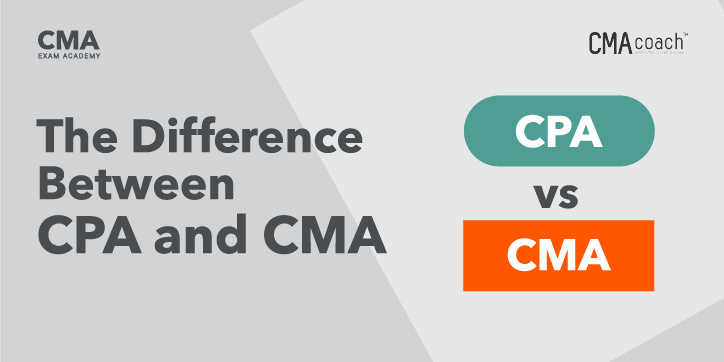Learning about these CMA and CPA certifications and understanding their benefits is the first step. A Certified Public Accountant essentially serves as the “master” of public accounting and the accounting profession in general. If you’ve ever considered accounting on any level, you’re probably already familiar with the CPA&CMA. The two types of exams cover a wide range of knowledge, including financial accounting and auditing, ethics in business, cost accounting, economics, statistics.
When compared to the CPA, the CMA demonstrates the professional’s financial and accounting knowledge in the business world. Specifically, finance managers, controllers, and CFOs need those skills. In addition, it examines the operational and strategic aspects of running a business, a non-profit, or a government agency.
CMA and CPA Cost
Here are the price points of the investments in each of these. The cost of the CPA can range from $3,000, just for exam-related expenses. Including study guides, travel, and other expenses will increase your costs.
You should budget around $2,000 for the CMA. As you can see, the CMA cost can be lower, or it could be about the same for both exams, depending on the ways in which you can lower the cost. Pricing should not be the sole factor in choosing an accounting certification. Your cost can increase if you will buy the CMA training course to get the certification. First of all, their costs are very similar, and secondly, there are other considerations. Discount codes can help you save more no matter which certification you choose.
Which is harder, CMA or CPA?
If you were to compare the two accounting certifications based on difficulty, which would be the most challenging? Regardless of how subjective this question is, most people will agree that the CPA is a bit more challenging. On the other hand, the CMA is more relevant to accounting professionals.
We can’t describe anything that wheater CPA is difficult or CMA it varies from person to person and desire where you can do your preferable job but in contrast what we can do? we will describe the pros and cons of CMA and CPA in-depth that will help to polish your ambiguous thought.
CPA exams vary in difficulty according to the study materials you use, your level of experience, and your education. Furthermore, it depends on the type of work you intend to pursue. The CMA focuses primarily on management accounting. It will be easier for you to pass this exam if this is the field you work in already. There could be a better choice between the two exams if that’s your field of interest.
Why CPA could be better
Since the early 20th century, the CPA qualification has been the most popular qualification for accountants. The CPA title is more highly regarded in the US and in other parts of the world because of this and other reasons.
No matter where you work in the finance and accounting world, whether you work in public or non-public accounting, the CPA designation is widely recognized. Conversely, the CMA is only useful to those who work and remain in the corporate world.
Why CMA is better
Almost all accountants (whether they start out as public accountants or not) end up in the corporate world. Consequently, management accountants are more useful for professionals in the accounting industry in the medium- to long term. Both exams are expensive, but the CMA certification costs significantly less. With only 2 parts (versus 4 in CPA), it takes less time to prepare.
Each state grants the CPA license, rather than a national organization. As a result of this legacy issue, the application and qualifying processes have been a bit confusing.
The Institute of Management Accountants administers CMA. There are timely responses from the IMA and clear instructions on how to prepare, study, and pass the CMA examination.
Last but not least
This article is intended to keep the pros and cons of CPA and CMA in the spotlight. Hope so It will help you in the future if you’re looking for my recommendations CMA is suggested to you.

